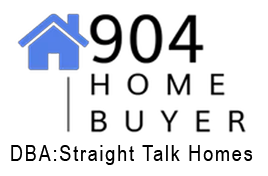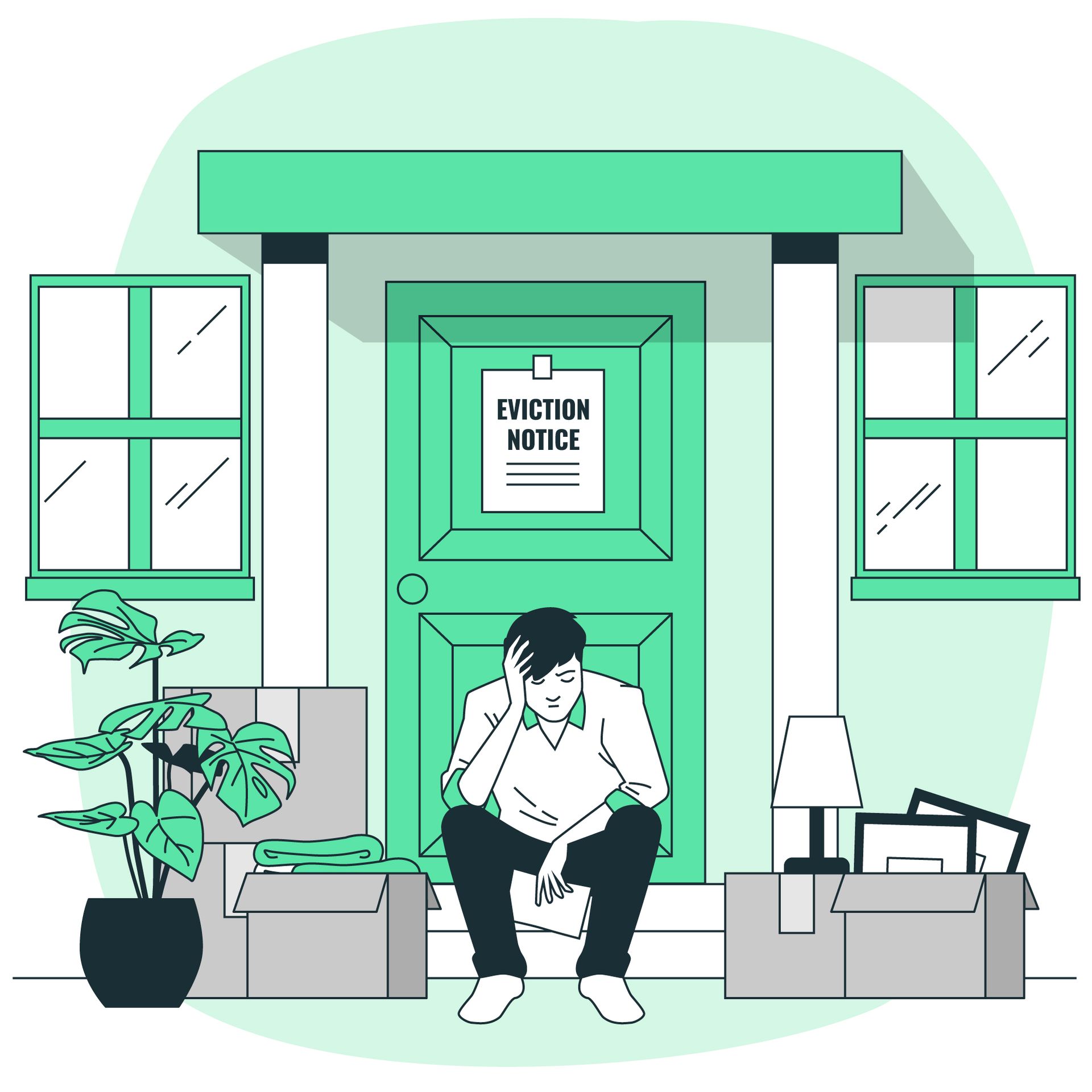How to Sell a Florida Home with Tenants
Selling a home in Florida while it’s occupied by tenants can feel like trying to solve a puzzle with missing pieces. You want to make a sale, but you also have to navigate the rights of your tenants, the terms of their lease, and the potential challenges that come with showing the property. This guide aims to help you through this process smoothly, ensuring that both you and your tenants are treated fairly.
Understanding Your Rights and Responsibilities
First things first—it's crucial to understand that as a landlord, you do have the right to sell your property even if it's tenant-occupied. However, this doesn't mean you can just waltz in and kick your tenants out. The lease agreement is still in effect, and respecting your tenants' rights is paramount.
Florida law requires landlords to provide written notice to tenants about the sale at least 30 days in advance. This notice should clearly communicate your intentions and outline any necessary details about the showing process. Keeping open lines of communication can help ease any anxiety your tenants might feel about the sale.
Communicating with Your Tenants
When selling a home with tenants, communication is key. Begin by having an honest conversation with your tenants about your plans. Let them know why you're selling and what it means for them. If they feel involved in the process, they may be more cooperative during showings.
For example, if you have good tenants who pay rent on time and keep the property in good condition, consider offering them incentives to make showings easier. You could offer a month of free rent or help them find a new place if they decide to move out. This approach can foster goodwill and make the transition smoother for everyone involved.
Preparing for Showings
Selling an occupied property can complicate showings. Tenants may not appreciate having strangers walking through their home at all hours. To minimize disruption, try to schedule showings during times that work best for them.
Here are some tips for preparing for showings:
- Give Notice: Always provide at least 24 hours' notice before showing the property.
- Clean Up: Encourage your tenants to keep the space tidy, but understand that it’s their home.
- Flexible Scheduling: Work with your tenants to find suitable times for showings that won’t disrupt their daily lives.
Listing Your Property
When listing your property, be transparent about its tenant-occupied status. This honesty will attract potential buyers who are specifically looking for rental properties or investors interested in maintaining existing income streams.
Consider highlighting features that appeal to investors, such as:
- Current Rental Income: Provide details on how much rent is being collected and any lease terms.
- Tenant Stability: If your tenants have been reliable long-term renters, mention this as a selling point.
- Potential for Increased Value: Discuss any improvements made or potential renovations that could increase the property's value.
Pros and Cons of Selling with Tenants
Selling a home with tenants has its ups and downs. Here’s a quick look at some pros and cons.
Pros:
- Generates income while on the market
- Attracts investors looking for rental properties
- Maintains security against vandalism
Cons:
- Limited access for showings
- Potential conflicts with tenants
May limit buyer pool
Options When Selling with Tenants
You have several options when it comes to selling your tenant-occupied property:
- Sell to Your Tenant: If your tenant is interested in purchasing the home, this can simplify the process significantly.
- Wait for Lease Expiration: If possible, let the lease run its course before listing the property.
- Negotiate Early Move-Out: If you have a good relationship with your tenant, discuss whether they would be willing to move out early.
- Sell as-is: Consider selling directly to an investor who will take on the property along with its current tenants.
Legal Considerations
Navigating legal obligations is crucial when selling a tenant-occupied home in Florida:
- Lease Agreements: Existing leases must be honored by the new owner.
- Security Deposits: Ensure security deposits are transferred correctly according to Florida law.
- Tenant Privacy: Respect tenant privacy rights during showings and sales.
Failure to comply with these legal requirements can lead to disputes or delays in closing.
Conclusion
Selling a Florida home with tenants doesn’t have to be overwhelming. By understanding tenant rights, maintaining clear communication, and being strategic about how you market your property, you can navigate this process effectively. Whether you end up selling to an investor or finding a buyer who appreciates the existing rental income, taking these steps will help ensure a smoother transaction.

Salim Omar
Salim is a straight-talking CPA with 30+ years of entrepreneurial and accounting experience. His professional background includes experience as a former Chief Financial Officer and, for the last twenty-five years, as a serial 7-Figure entrepreneur.









